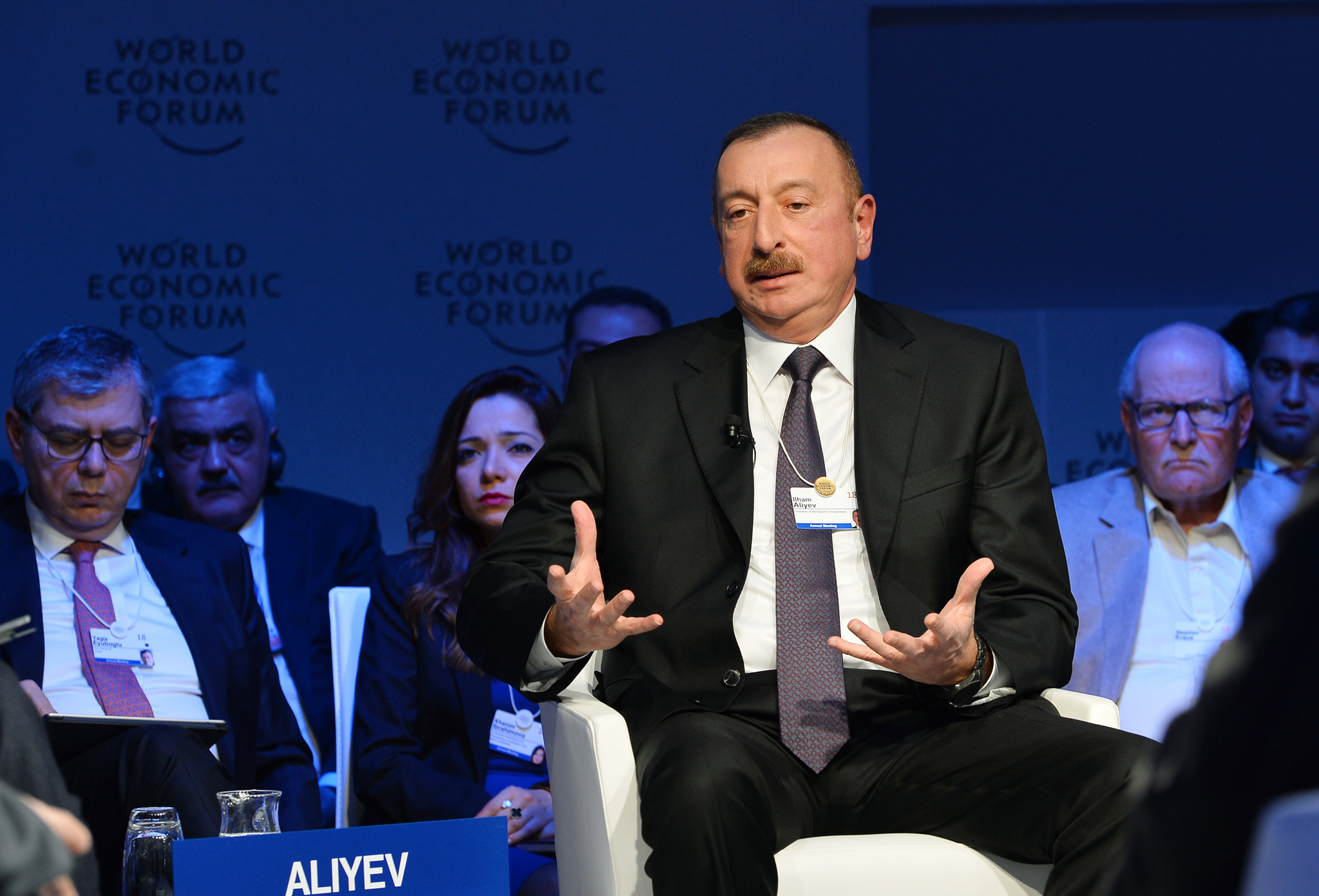Azerbaijan: Embracing the new realities in a COVID-19 world
- Written by Penny Papadopoulos, London, UK
Baku, just like any other capital around the world, fell silent when a nationwide quarantine was imposed to contain the spread of COVID-19. The typically bustling and boisterous streets around Fountains Square filled with restaurants, boutiques and cafes were empty and eerie. The beautiful promenade stretching along the Caspian Sea was deserted. There were no tourists taking pictures of the city’s historic sites or of its impressive skyline. Baku felt like a city without its vibrant soul.
The Azerbaijani President, Ilham Aliyev, told the country it was facing new realities and that the coronavirus crisis will be a serious test for its people. Azerbaijan was hardly alone in this. Like most countries, it had to take urgent action to slow the rate of infection and help keep hospitals and healthcare workers from being inundated with COVID-19 cases.

“We closed all land borders, introduced a quarantine regime, closed all schools, kindergartens, universities, catering facilities and reduced the number of flights. Thus, very important measures were taken against the spread of this disease… Our first and foremost goal is the safety, health and well-being of our citizens”, Ilham Aliyev said in late March.
His comments came shortly after the establishment of the Coronavirus Response Fund which was set up in order to manage the crisis efficiently and alleviate the socio-economic consequences of the pandemic. The President also allocated 20 million manats ($1.18 million) from the President’s Contingency Fund and generously donated his annual salary while healthcare workers on the frontlines of the COVID-19 pandemic received additional remuneration.
Azerbaijan, due to its proximity to Iran, saw its first cases of COVID-19 in late February. As the country entered lockdown, grocery supply chains were accelerated and shelf-stacking went into overdrive to respond to the crisis while the government decisively stepped in to support companies and workers with a broad economic package.
Swift containment measures such as restricting intra-city and intra-regional mobility, the closure of non essential businesses and premises as well as the launch of a text messaging system (SMS) to grant people permission to leave their homes during the lockdown helped limit the spread of the virus and the number of cases in Azerbaijan remained relatively low compared to its neighbouring countries. Azerbaijan has recorded so far 15,890 cases of coronavirus and 193 deaths.
But despite being praised by Dr Tedros Adhanom Ghebreyesus, Director-General of the World Health Organisation (WHO), as an “exemplary country” for the measures employed by the government, Azerbaijani officials cautioned local residents against relaxing their guard and thus contributing to a new wave of infections after loosening lockdowns.
In the absence of a vaccine or effective medication and in its efforts to identify who has the disease while gradually re-opening the economy, the government successfully launched a contact tracing app so that future local infections can be identified and contained quickly before they lead to a national outbreak.
The coronavirus pandemic has served as a wake-up call for governments around the world and highlighted the importance of strengthening health systems as well as restructuring domestic production. In response to this call to action, the small South Caucasus republic began in April the mass production of surgical masks and other personal protective equipment in order to reduce dependence on imports and meet the increasing local demand. Thus, when the wearing of face masks in public places became mandatory in early June, the country didn’t have to deal with demand uncertainty and shortage in supply.
With hospitals experiencing capacity constraints, four modular hospitals were rapidly constructed shortly after the beginning of the outbreak. And as part of its strategy, the government plans to extend the number of modular hospitals to ten; six funded by the State and four by private entrepreneurs.
Azerbaijan recognises the local and global impacts of the pandemic and is committed to implementing an effective global response to COVID-19. In this regard, the country initiated and held the virtual emergency Summit of the Cooperation Council of Turkic Speaking States in April. Furthermore, as the current Chair of the Non-Aligned Movement, a forum of 125 developing world states that are not formally aligned with or against any major power bloc, Azerbaijan held in May its first ever virtual summit. Most recently, Azerbaijan, on behalf of the NAM countries, called to convene a UN General Assembly Special Session on COVID-19, an initiative which was lauded by 130 UN member states.
The coronavirus pandemic will undoubtedly reshape economies, future government policies and communities. The human and economic costs are already enormous. Perhaps this crisis will focus minds, so next time will be different. As President Aliyev said life in the age of coronavirus means adjusting and embracing the new realities. The worst phase of the COVID-19 crisis may appear to be over but it’s a long uphill climb to ‘normal’.
Related items
-
 PASOK suspends leader’s best man after arrest in €1.7m farm subsidy scandal
PASOK suspends leader’s best man after arrest in €1.7m farm subsidy scandal
-
 8 Greek children born to donor with high-risk cancer gene
8 Greek children born to donor with high-risk cancer gene
-
 THEON signs with OCCAR the largest contract in its history for the supply of 100,000 night vision systems
THEON signs with OCCAR the largest contract in its history for the supply of 100,000 night vision systems
-
 Vangelis Marinakis' touching initiative for Huntington's hero
Vangelis Marinakis' touching initiative for Huntington's hero
-
 Archbishop Nikitas of Thyateira at the special service at Westminster Abbey in the presence of King Charles
Archbishop Nikitas of Thyateira at the special service at Westminster Abbey in the presence of King Charles

